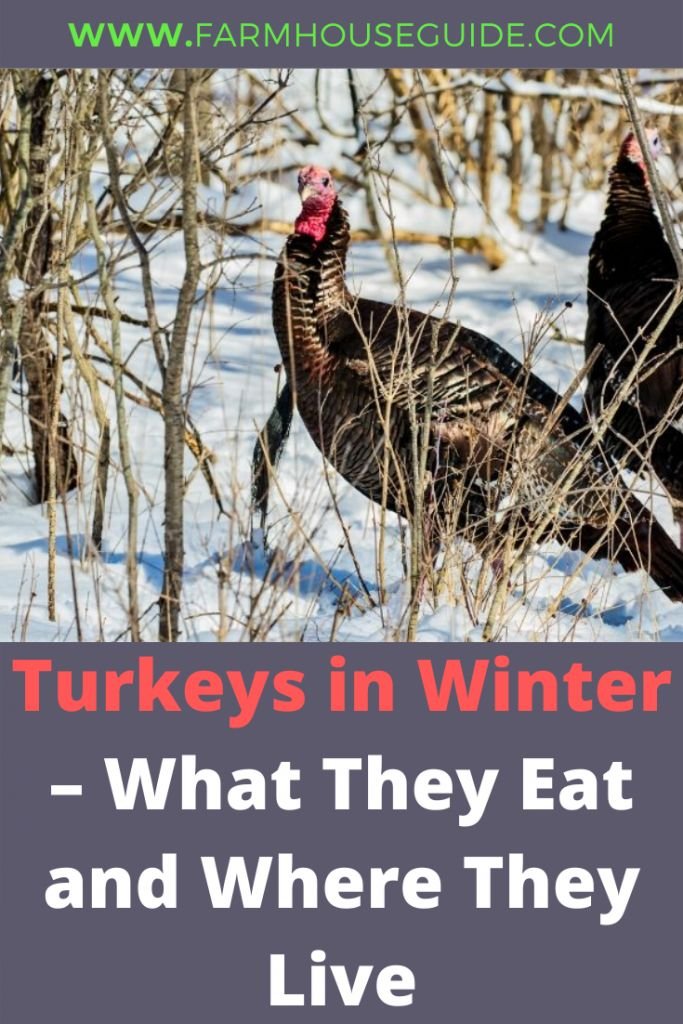
There’s something comforting about planning seasonal diets for our feathered friends. Think of it as preparing a special winter menu that caters to their nutritional needs while keeping their energy levels high. Turkeys must adapt to their environment, especially when food sources dwindle. So, let’s dive into the best turkey feed options during the frosty months.
Understanding Turkey Nutritional Needs
Turkeys are omnivores, which means they enjoy a variety of foods. In winter, their nutritional needs shift a bit. The cold weather means they need more energy-dense food to help them maintain body heat. Here’s what they require:
– Protein: Crucial for growth and maintenance, especially for young turkeys. Look for feeds with around 18-20% protein content.
– Carbohydrates: They need these for energy. Grains like corn are excellent sources.
– Vitamins and Minerals: Essential for overall health and immunity. It’s a good idea to include supplements if their natural sources are scarce.
Honestly, understanding these needs is like understanding your own dietary habits in winter. Just as you might add more warming soups and hearty stews, turkeys require nutrient-rich foods to weather the cold effectively.
Grains and Seeds: A Turkey Staple
One of the most convenient and effective options for feeding turkeys in winter is grains and seeds. You might already have a good idea of what these are, but let’s break down a few favorites:
- Corn: It’s a go-to choice. High in energy, corn is a perfect winter staple. Turkeys love it, and it’s easy to scatter around their feeding area.
- Wheat: Another excellent option, wheat provides a balanced source of nutrients and is often more affordable than corn.
- Barley: Slightly lower in calories, barley is a great addition to mix in with corn and wheat.
Using a combination of these grains not only enriches their diet but also mimics their natural foraging behavior. You might find it fun to experiment with different mixes to see what your turkeys prefer!
Supplementing with Greens and Vegetables
While grains are critical, turkeys also appreciate some fresh greens and vegetables. These not only provide vitamins but also keep their diet diverse. Here are some good options:
- Dark leafy greens: Kale, spinach, or Swiss chard can be exciting treats that provide important nutrients. Turkeys will enjoy pecking at these!
- Root vegetables: Carrots and beets can be cut up and offered fresh. They’re packed with vitamins and energy.
- Squash: A favorite among many birds, squash is rich in fiber and can be given whole or cut up.
You might be wondering, “Why bother with greens at all?” Well, just like you’d want a balance in your meals, turkeys benefit from a well-rounded diet. These options also help keep their digestive systems running smoothly.
Commercial Turkey Feed: Convenience and Assurance
If you’re looking for a hassle-free option, commercial turkey feed is a reliable choice. These feeds are specially formulated to meet the nutritional requirements of turkeys, especially in winter. Here’s why they might be a good fit for you:
– They come in different formulas tailored for all age groups—whether you have chicks, juveniles, or adults.
– They’re often enriched with vitamins and minerals necessary for winter health.
– You can find them at most farm stores or online, allowing for easy access.
Think of commercial turkey feed as a “fast food” option that doesn’t compromise on nutrition. It takes the guesswork out of feeding your turkeys, ensuring they’re getting what they need without the hassle of DIY mixes.
Feeding Frequency and Portion Control
It’s not just about what you feed turkeys in winter; it’s also about when and how much. You want to avoid overfeeding or underfeeding. Here’s a quick guide to keep in mind:
– Feeding schedule: Generally, turkeys should be fed twice a day. This helps maintain their energy levels. You can feed them once in the morning and once in the evening.
– Portion size: A good rule of thumb is about 1/4 to 1/2 pound of feed per turkey, depending on their size and age.
Here’s the thing: consistency is key! Regular feeding helps turkeys develop a natural routine, making it easier for them to find food and stay healthy during the colder months.
Understanding Regional Variations
Where you live can significantly affect what you feed turkeys in winter. Different regions have varying availability of food sources. For example, if you’re in a colder climate, consider:
– Adjusting feed types: You might have to rely more on commercial feeds if natural foraging is minimal.
– Local food sources: Check for local farms or markets where you can source fresh vegetables or grains.
Being aware of your local environment is like adjusting a recipe to suit your pantry. Understanding what’s available helps you provide the best care possible for your turkeys.
Common Mistakes to Avoid
It’s easy to get it wrong when it comes to feeding turkeys in winter. Here are a few common mistakes to steer clear of:
– Neglecting hydration: Fresh water is vital! Turkeys need access to clean water at all times.
– Overfeeding greens: While veggies are great, they shouldn’t constitute the bulk of their diet. Balance is essential!
– Ignoring their behavior: Pay attention to how your turkeys react to different foods. They may have preferences that help inform your feeding strategy.
Avoiding these pitfalls means your turkeys can thrive. Think of it like ensuring a friend has everything they need for a cozy winter—small mistakes can lead to bigger problems down the line.
Feeding turkeys in winter doesn’t have to be complicated. By understanding their nutritional needs and providing a balanced diet of grains, vegetables, and quality commercial feeds, you can ensure your turkeys stay healthy and full of energy. Remember, just like preparing your own winter meals, it’s all about variety and balance.
With a bit of care and attention, your turkeys will not only survive the winter but thrive, ready to greet the spring with excitement. So, stock up on those grains, sprinkle in some greens, and watch your feathered friends flourish all season long!

